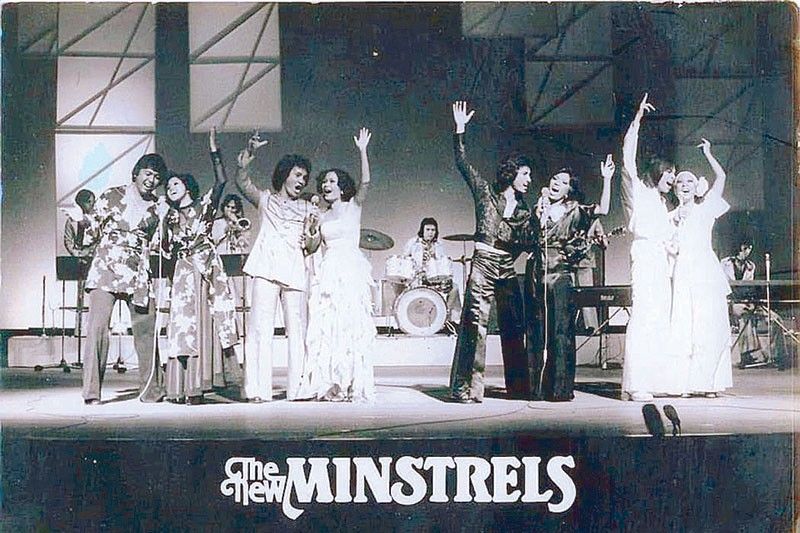How Villar Records changed Philippines pop music forever

I first heard about Villar Records as a kid while walking along the street of Escolta with my mother. There in a shopping district among Berg’s Department Store, Oceanic Commercial, Aguinaldo’s, Hickok was this music shop. I asked my mother what it was and she said Villar Records. From that time on, every trip to Escolta saw me gawking at all those colorful long-play albums on display. I wanted them all.
But Villar Records was more than a music store. It was founded by Don Manoling Villar in 1950 as a sister company to his Mabuhay Recording Company and the label became a major player in the local music business. Villar is now generally acknowledged as the Father of Philippine Recording, because he pioneered the recording of original works by Filipino composers. The few record labels extant during that time preferred to record covers of foreign hit songs.
Villar though was different. With a stable of talents that included the likes of Ruben Tagalog, Sylvia la Torre, Cely Bautista, the Mabuhay Singers and others, he acquired the rights to and recorded every Filipino song he could get his hands on. Anak Dalita, Bituing Marikit, Bahay Kubo, Hahabol-habol, he recorded them all and more.
As a result, Filipino songwriters found a ready outlet for their works. Constancio de Guzman, Juan Silos, Mike Velarde, Levi Celerio, Tony Maiquez, Restie Umali and many others had their songs recorded by Villar and most important of all, promoted.
Villar owned radio stations which mostly played foreign records. Remember, Villar then as the leading Filipino record company, was also the licensee of many foreign labels. Think, RCA, Columbia, Motown and others. Once in a while during a day, a local recording would be played. That was one way that Villar promoted its star balladeer named Jun Polistico. He was played alongside foreign pop stars on DZBM.
Villar even advertised. There must be some of you who remember that then ubiquitous commercial jingle. “Give the lasting gift of Philippine music from Villar Records.” Villar encouraged the gift-giving of local recordings, most especially among Pinoys abroad, whose only way of listening to our native songs then was through those Villar records shipped from the Philippines.
Villar’s contribution towards the preservation and propagation of Filipino music from the early days is immeasurable. But that is not all. The label was also responsible for major developments that changed Philippine pop music forever. Villar bucked tradition when it signed up two young, still unknown groups, The New Minstrels and the Hotdog.
The New Minstrels was a show band who was packing the hip joints in Manila like Rino’s, The Flame, Wells Fargo, with their excellent covers of foreign hits. But Villar saw them differently. In 1976, The New Minstrels was made to record an album of old Filipino Songs. The now classic LP included songs like Buhat, Balut, Hahabol-habol, Diyos Lamang ang Nakakaalam, Mahiwaga, Dahil Sa Isang Bulaklak and others. It became a massive hit. This became a turning point for local music because for the first time the old songs came to sound pop and had acquired a new, young market.
Hotdog was formed by the brothers Dennis and Rene Garcia after they got back from a year spent in Honolulu performing with the rock band Red Fox. They wanted to record original songs and that was what they did for their first album Unang Kagat in 1974. Among the songs included were Ikaw ang Miss Universe ng Buhay ko and Pers Lab. That marked the birth of the Manila Sound which brought Philippine pop music to the present times.
With The New Minstrels and Hotdog at Villar, Philippine music acquired the chance to compete on the same level as foreign releases. Those were great times but the label was unable to keep pace with the competition provided by daring newcomers to the music scene like Vicor, Alpha and Dyna. Villar eventually stopped music production and later closed shop.
Sadly, that included the Escolta store. I was disappointed over losing the booths where customers could listen to the albums before purchase. Nice service. I was among those who rummaged through the bins for LPs at bargain prices before it closed. I still have some of those albums.
- Latest
- Trending































